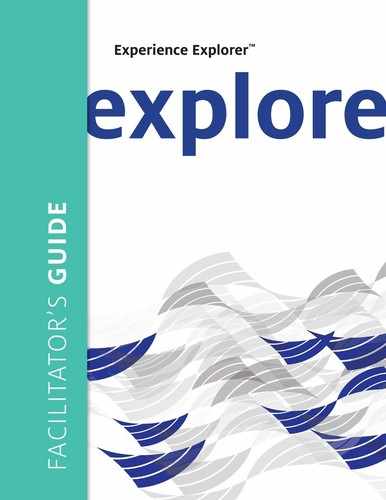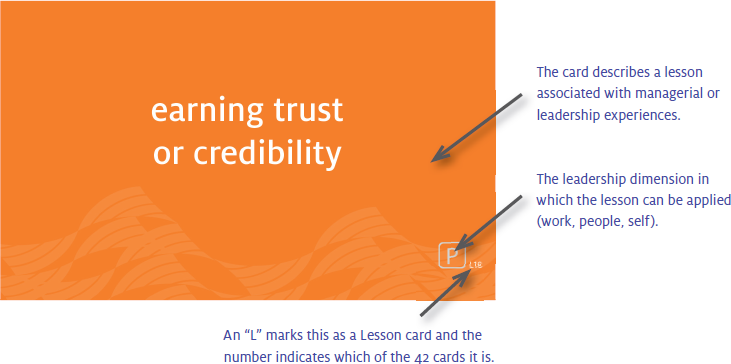Leadership development is driven by experience; in other words, leaders learn not just through training and developmental relationships but through job and leadership experiences. In training-and-development circles and among human-resources staff, the catchphrase “70-20-10” is a general guideline for combining challenging assignments (70%), developmental relationships (20%), and coursework & training (10%). This guideline suggests that a combination of those learning opportunities, at about that ratio, is optimal for preparing managers for leadership roles. The 70-20-10 ratio should not be taken as a one-size-fits-all solution to developing leaders. However, the pattern that 70-20-10 suggests is clear: On-the-job experiences are a significant driver of leadership development, particularly experiences that challenge leaders to lead in novel and diverse environments.
Beyond 70-20-10
Research by the Center for Creative Leadership (CCL) has identified two other categories of developmental experiences important for leaders: hardships and personal life experiences. Hardships are not included in the 70-20-10 guideline because these are not experiences that organizations intentionally give individuals for development; personal life experiences are not included because they are outside of an organization’s control.
Experience Explorer gives leaders a powerful and efficient tool for discovering what they have learned about effective leadership and what they still need to learn. When leaders explore and talk about their past experiences, they can better plan future learning experiences.
Leaders and managers at all organizational levels and in all types of organizations are typically responsible for developing themselves and others. Whether they work in human resources, serve as training-and-development consultants, or lead a business unit, managers and leaders can use Experience Explorer in a number of situations.
Leading an Experience Explorer session does not require high-level facilitation skills. The 99 cards in the package are divided into 52 blue Experience cards, 42 orange Lesson cards, and 5 white Instruction cards. The Instruction cards can be used when this facilitator’s guide is unavailable or is not needed.
Did You Know?

In the first study from which the 70-20-10 guideline originated, 189 of 191 participating executives were men! To learn about women’s experiences and lessons, CCL conducted a follow-on study of 76 executive women and found a development ratio of 55-40-5. The issue of why women report less development through challenging assignments and greater development due to developmental relationships continues to raise questions: Are women given far fewer opportunities to meet business challenges?
Experience Explorer is based on 40 years of international research that CCL has conducted in several countries from various regions of the world. The tool’s Experience and Lesson cards are derived from a comprehensive inventory of essential experiences and lessons as described to researchers by successful leaders. People of all ages and of different countries and various walks of life have found that the experiences and lessons described in the cards capture much of the know-how they have built up during their careers.
However, Experience Explorer is much more than a personal inventory of experiences and lessons. It emphasizes the specific findings at the core of CCL’s Lessons of Experience research. Those studies show that there are fifteen types of experiences and three dimensions of lessons common to leading in organizations. Experience Explorer represents those experiences and dimensions with symbols that are illustrated in Table 1 and that appear on the Experience Explorer cards (Figures 1 and 2).
In addition to those symbols, each Experience card is marked with a colored dot in the lower-right corner (Figure 1). The dots map to the guideline of 70-20-10. Turn to the Options and Applications section for ideas about using the dots or three dimensions of lessons during an Experience Explorer session.
Table 1. Fifteen core leadership experiences and their Experience Explorer symbols
The Lessons of Experience research has found that these five experiences teach approximately 55% of all leadership lessons:
• Bosses & Superiors
• Turnaround
• Increase in Job Scope
• Horizontal Move
• New Initiative


















